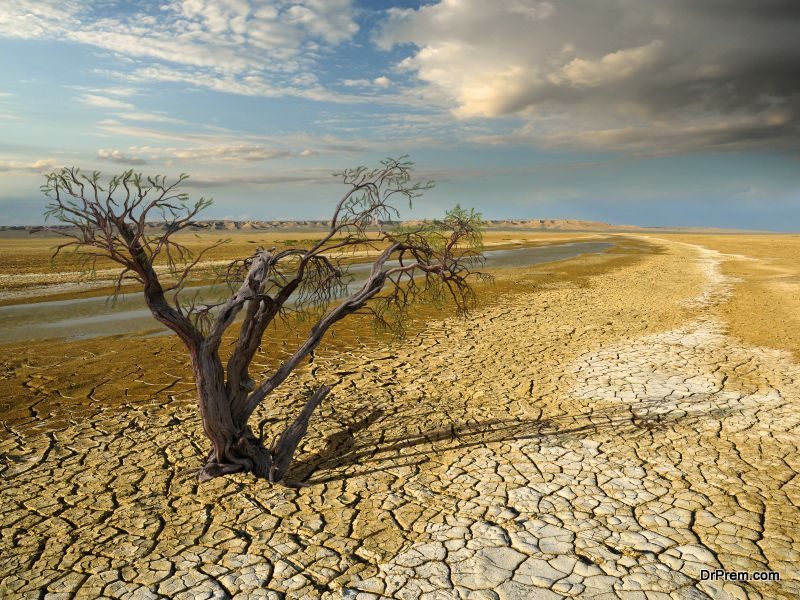RIO DE JANEIRO, BRAZIL – Brazil’s rural and urban areas already suffer from dry taps due to the water crisis, leaving the country at risk of an electricity blackout. The prolonged drought already impacts the daily lives of many families across Brazil, who change their habits and even their means of production and income.
The most affected region is the Paraná Basin, which supplies Minas Gerais, Goiás, Mato Grosso do Sul, São Paulo, Paraná, Santa Catarina and the Federal District. According to a report by the National Institute of Meteorology (Inmet), the rainfall forecast for spring is not encouraging.

According to the Spring Climate Prognosis 2021, the Southern region is most likely to continue with rainfall below the historical average in the period when the rainy season should begin to recover the reservoirs.
In the Uberaba neighborhood in Curitiba, Letícia Andrade and her neighbors stock up on water. “It is not rare that we run out of water for three days. Everyone has gallons to save a little for dry days,” she says.
Pedro Augusto Breda Fontão, professor of the Department of Geography of the Earth Sciences Sector and coordinator of the Climatology Laboratory of the Federal University of Paraná (UFPR), says that the cause is the La Niña phenomenon, which already affected the South in 2020: “It makes the ocean waters colder, and this causes poorly distributed rainfall, with volumes below expectations. Consequently, the levels of reservoirs already in a critical state will not be recovered.”
The metropolitan region of Curitiba already experiences rotation in the supply of water to the population. It is suspended for 36 hours and then released for the same period.
“If a large reservoir dries up and it is necessary to turn off some captures, it will collapse. That’s what the rotation is trying to avoid,” says Cláudio Marchand Krüger, professor of the Department of Hydraulics and Sanitation at UFPR.
Also, according to the Inmet report, since January 2019, Paraná had 23 of the 32 months until August of below-average rainfall, and the forecast is that until February 2022, it will not rain more, characterizing one of the three most extensive droughts since the beginning of measurements, at the beginning of the 20th century.
“Since 1999, there are warnings that the population of the metropolitan area of Curitiba was going to grow, which would increase the demand for new springs and reservoirs,” says Fontão.
Other states in the Paraná Basin suffer from drought. Mato Grosso do Sul, according to Inmet, is in the same situation as Paraná. São Paulo already adopts water rotation in some cities. In Bauru, there are 24 hours of water supply and 48 hours without water. In Valinhos, the snack bar where André Luís Pires works is only open because the owners started buying water. Despite the 24-hour rotation, last week the shops were without water from Monday to Friday:
“We reuse what we can. It costs R$600 (US$120) to buy a gallon of water. With the water, we wash the dishes, we clean the floor.”
Bugre, in Minas Gerais, in the Rio Doce Valley, started interrupting the supply after the water station that supplies the city nearly dried up. Uberaba established a fine of R$293.47 for those who waste. “The water does not flow from 7 AM to 5 PM. I spend the whole morning doing things, cleaning the kitchen, says Dhara Kelly, owner of a snack bar.
In Goiás, some neighborhoods of Goiânia and Aparecida de Goiânia are expected to enter a rotation system in the near future. In Rio de Janeiro, supplied by the Paraíba do Sul Basin, the main reservoir (Paraibuna) has only 21% good volume. In 2015, during the last major water crisis in the state, this index reached -1.64. “We will depend on rainfall, especially in the summer, and we will have to save in 2022,” says Paulo Canedo, professor of Water Resources at Coppe/UFRJ.

